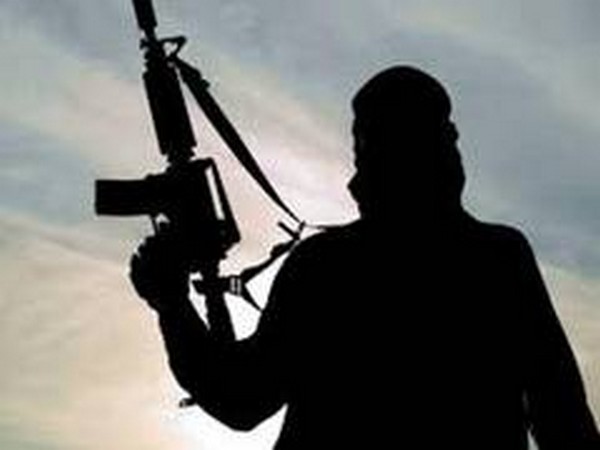
Risk of Al-Qaeda revival rising as US, NATO troops withdraw from Afghanistan: UN report

Peshawar [Pakistan], June 16 (ANI): A United Nations report released last week said that the risks of an Al-Qaeda revival are rising as the US and North Atlantic Treaty Organisation (NATO) wind down their military presence in Afghanistan.
The report said that Taliban operatives consisting of Afghan, Pakistan, India, Bangladesh and Myanmar nationals now run Al-Qaeda’s Indian sub-continent chapter from Kandahar, Helmand and Nimruz provinces in Afghanistan.
FM Shakil, writing in Asia Times said that hundreds of of Al-Qaeda operatives including the terror group’s elusive leader Ayman al-Zawahiri are sheltering in the Pakistan-Afghan border region, a hidden presence that could come above ground as Afghanistan tilts towards a new era of civil war.
The UN report said the Al-Qaeda Indian chapter’s leader is Osama Mahmood, who recently succeeded the late Asim Umar.
The wife of former Al-Qaeda in the Indian subcontinent leader Asim Umar was among 5,000 Taliban prisoners freed by the Afghan government in 2020 as part of the Doha agreement with the United States, which facilitated the US troop withdrawal.
“The group is such an ‘organic’ or essential part of the insurgency that it would be difficult, if not impossible, to separate it from its Taliban allies,” the report said.
The UN Analytical Support and Sanction Monitoring Team listed the Haqqani network, terrorist group that has used asymmetric warfare to battle US-led NATO forces, as the main link between Al-Qaeda and the Taliban, reported Asia Times.
It added that Al-Qaeda and the Haqqani network are closely interlinked on “ideological alignment, common struggle and intermarriage.”
The Haqqani network, which has been blamed for several high-profile suicide attacks in Afghanistan, also has the backing of elements within the Pakistani security establishment.
Washington deemed the group a terrorist organization in 2012 and repeatedly called on Pakistani authorities to launch military operations against the group.
But the Pakistani army consistently resisted launching attacks despite reports that senior Al-Qaeda leaders were present with Haqqani network elements in the area.
For decades, Pakistan’s security establishment had been treating the Haqqani network as a “strategic depth,” trusting it will secure Islamabad’s interests in Afghanistan’s political and security areas.
Seen by some as a Pakistan “proxy”, the Haqqani network has long been focused on targeting India-sponsored development projects in Afghanistan, wrote Shakil.
Farhatullah Babar, a Pakistani leftist politician, former senator and spokesperson for the Pakistan Peoples Party, said that it was disturbing to know that Al Qaeda leader Al-Zawahiri and an estimated 500 Al Qaeda operatives were living in the Pakistan-Afghanistan border area.
“The Afghan peace process has entered a crucial phase, which makes it necessary to be watchful of the re-emergence and cross border movements of militants. People in ex-tribal areas have also been complaining of the regrouping of militants and targeted killings,” Babar said.
“Such perceptions, if not dispelled, will play havoc with the peace process and the region will plunge into another round of war and mayhem over the coming decades. Any misstep and refusal to address it will be potentially disastrous.”
Security sources confirmed to Asia Times that Al-Qaeda operatives have also been sheltering in Pakistan-Iran border areas, where many foreign nationals have been spotted traveling back and forth to Iran using the Balochistan region as a base. (ANI)

















POST COMMENTS (0)